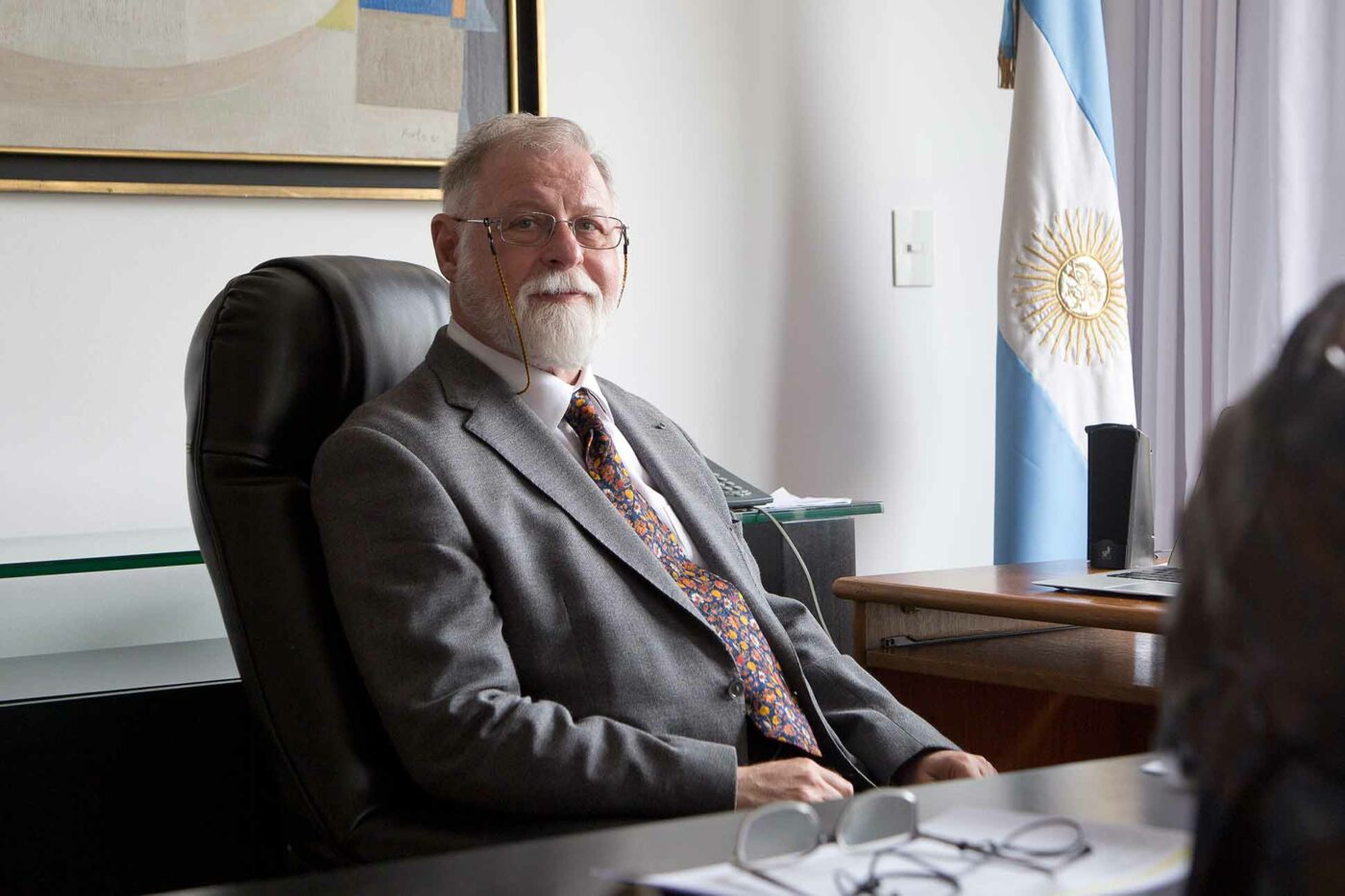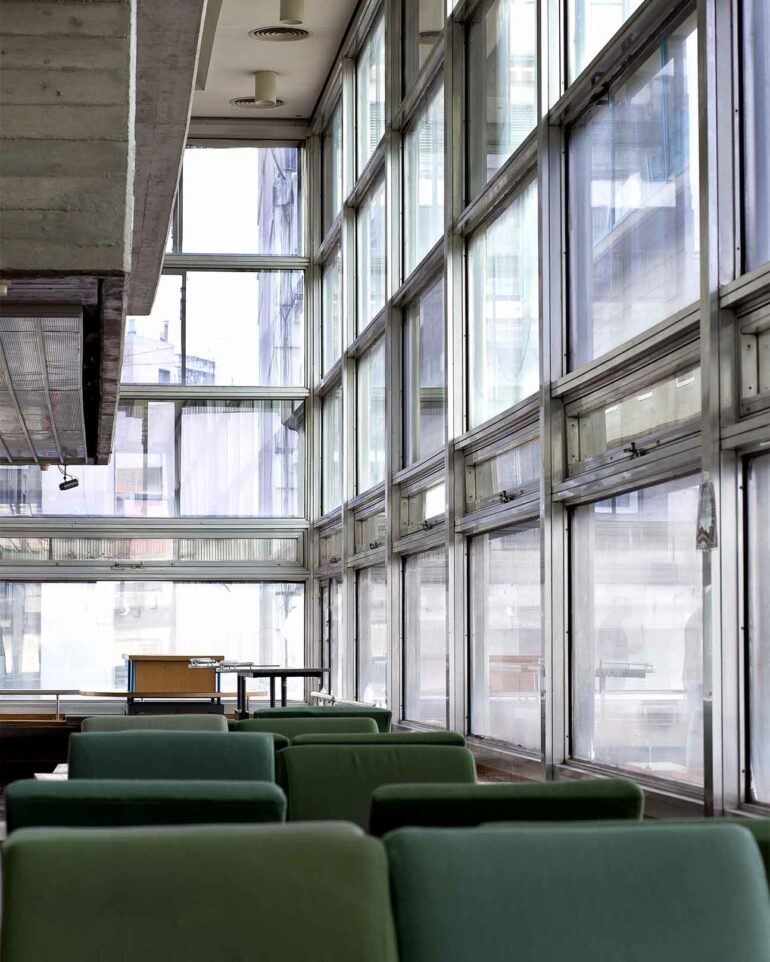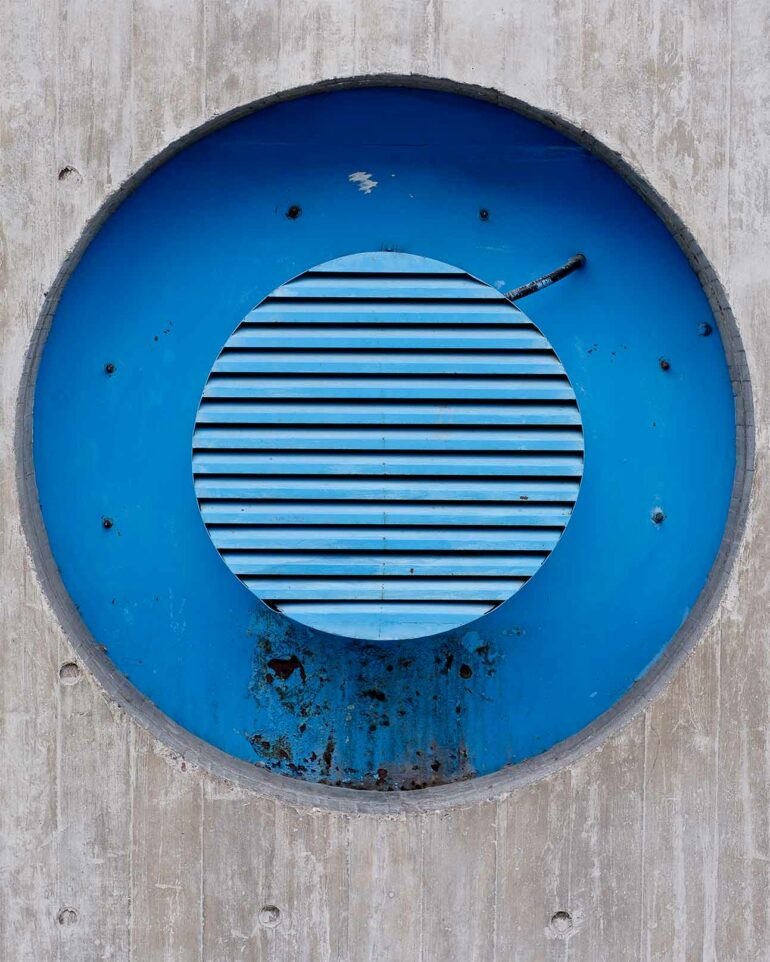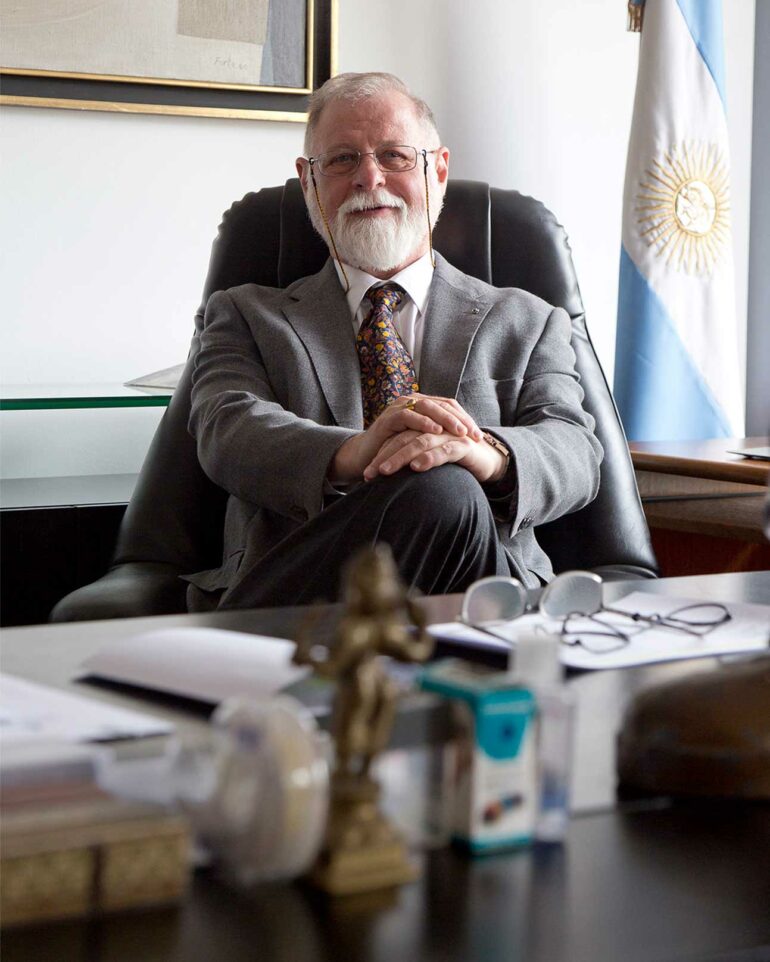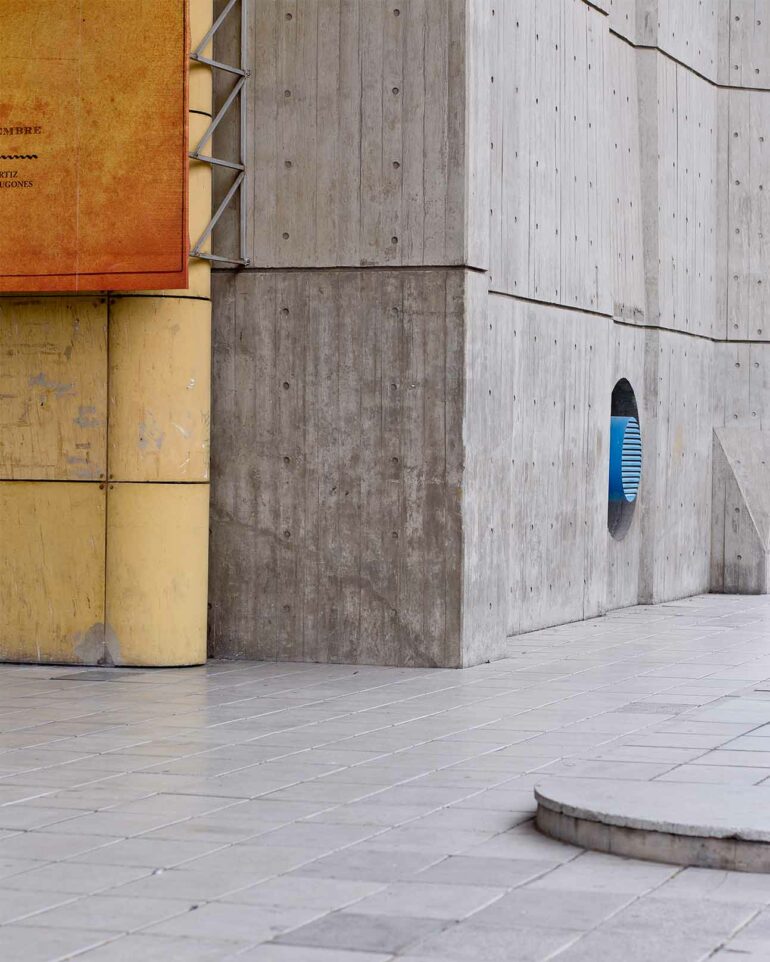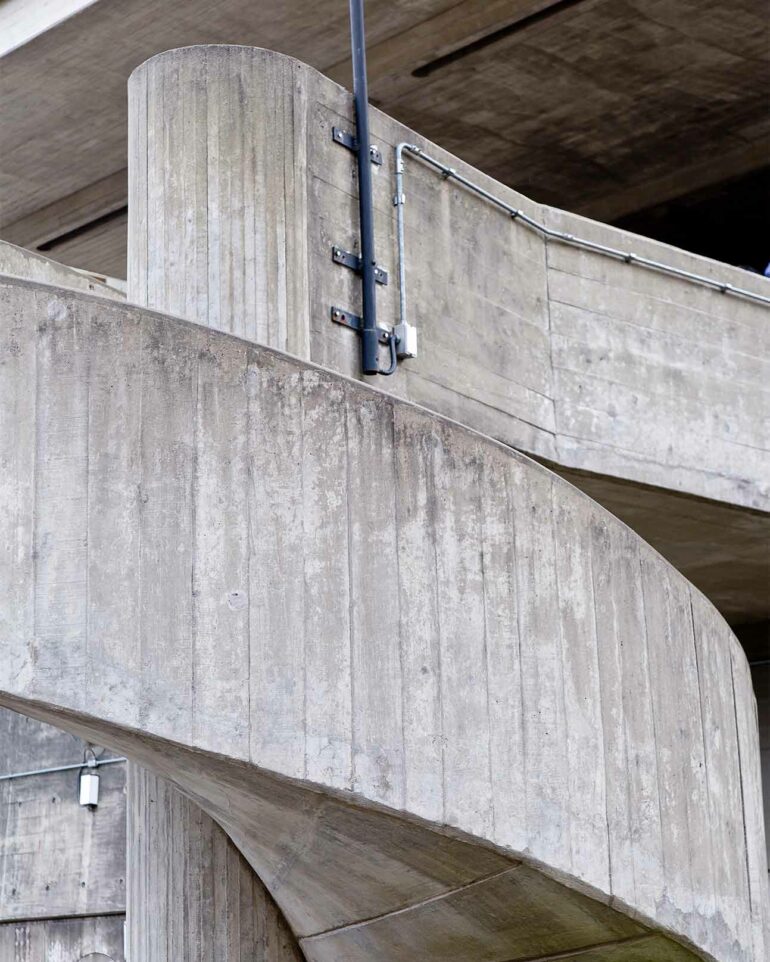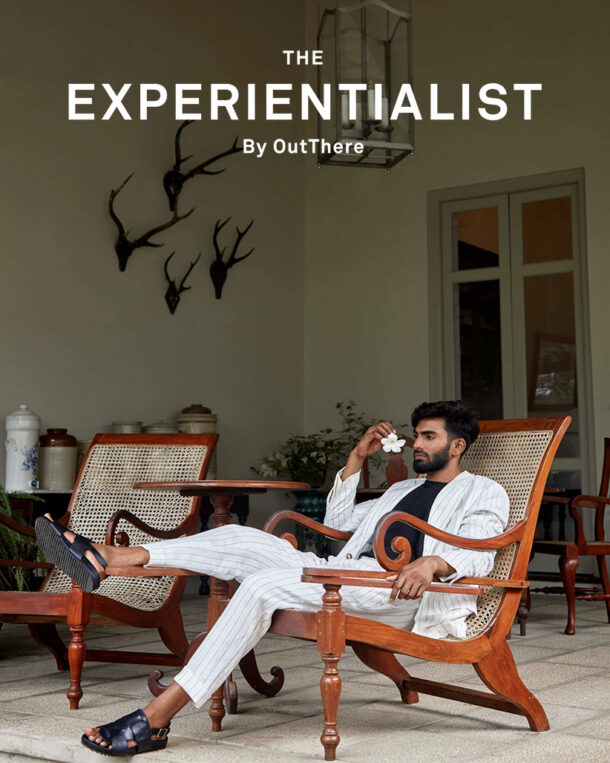He acknowledged that times have changed, applauding young Argentines both straight and gay for their attitudes towards homosexuality. He tells me of a Trans* librarian in one of Buenos Aires’ most notorious slums, who is well respected by the local community. But still, perhaps some of that Counter-Reformative Argentine spirit has rubbed o¢ – the ‘no-labels’ thing is a somewhat convenient explanation for men who love men, without ever needing to even utter the word “gay”, for so long viewed as a weakness.
We move on to the gay landscape in literature – something Alberto claimed he wasn’t familiar with, again because he won’t label. Yet, this is the man who with his husband compiled an anthology of gay fiction, Meanwhile in Another Part of the Forest, 20 years ago. He argued that things were different in the case of the book, that they went beyond ‘gay writers’ to showcase gay themes, making fiction with a gay context accessible to the mainstream.
Undeterred, I pushed a little harder on the subject of gay plots in ‘Argentine culture’ (another red flag on the no-label front). Alberto humours me and tells me that there is a long history of gay subject matter, since the early 19th century in fact. In one of the most important classics, El Matadero, a short story by Esteban Echeverría denouncing the dictatorship of Juan Manuel Rosas, the protagonist is a strong, young intellectual who is quite obviously gay. We also discuss the epic poem by José Hernández, Martin Fierro. The hero is a gaucho who is conscripted by the army and loses everything he holds dear. He deserts and is pursued by a colonel whom becomes inspired by Fierro’s valour and turns against his own men to fight by Fierro’s side; a tale not without its homoerotic undertones.
In a society that has long defined males and females by strict characteristics, it’s inevitable that some of it will be tinged with homoeroticism. When Tango first came from Paris into the brothels of Buenos Aires, it was danced between men. The excuse was that to dance with a woman was effeminate, but when something so passionate stems from male-male interactions, you’ve got to wonder.
Learning all of this from Alberto, I start to understand how homosexuality is viewed here. The last administration under Christina Kirchner is held up as one that opened Argentines to the concept of gay rights and marriage. But perhaps the acceptance was already there. Yes, prejudices still run deep, particularly in the interiors, but if you’re part of a society, a fabric, its culture, politics and history – that has for so long battled oppression and injustice, it’s no wonder that freedoms are not taken for granted.
The Biblioteca Nacional is set to open a centre of LGBT culture, on the discovery of an interesting cache of very early gay literature in Argentina and the unearthing of works from the country’s first gay publisher. Alberto claims no influence in this but I sense he is immensely proud that this will happen during his directorship. In the brief time I spent with Alberto, I got to know someone who isn’t at all defined by his sexuality – he’s human first, the rest is open. He approaches the subject much more intellectually, or academically – genuinely excited and interested in the enrichment that diversity and difference brings.
He goes about his everyday work in the same way. His vision for the library is to make it the very best it can be and to ensure that it is not just one that serves Buenos Aires, but all of the country and also the world. While the previous administration took the library as a cultural centre and a place of social activities, he views it as a technical institution. He spends much of his efforts cataloguing and digitising its holdings and travels the country to connect with provincial libraries and create them where they don’t exist.
For me, Argentina’s National Library is emblematic of the state of the country today, in its work, but also in its very physicality and what it stands for. The brutalist building in which it is housed is designed upon the idea of a ‘tree of knowledge’. It grows tall and strong but is deeply rooted in its foundations – the country’s past, on the site where the Unzué Palace, the Peróns’ official residence, used to stand. The library’s archives and the bulk of its collection are in the building’s basement, again suggesting that historical lessons must be learnt and filtered upwards. At the very top, it branches out into a canopy-esque reading room, rising tall above Buenos Aires with views that reach out to the rest of the country and the world beyond it.
Its head botanist brings with him a world of experience and a watering can of fresh ideas to help this tree grow to its greatest potential. He may hate labels, but I have a feeling that one day, not too far from now, we’ll look back in history and consider Alberto Manguel to be an outstanding, gay, Argentinian man of distinction.
Photography by Martin Perry


